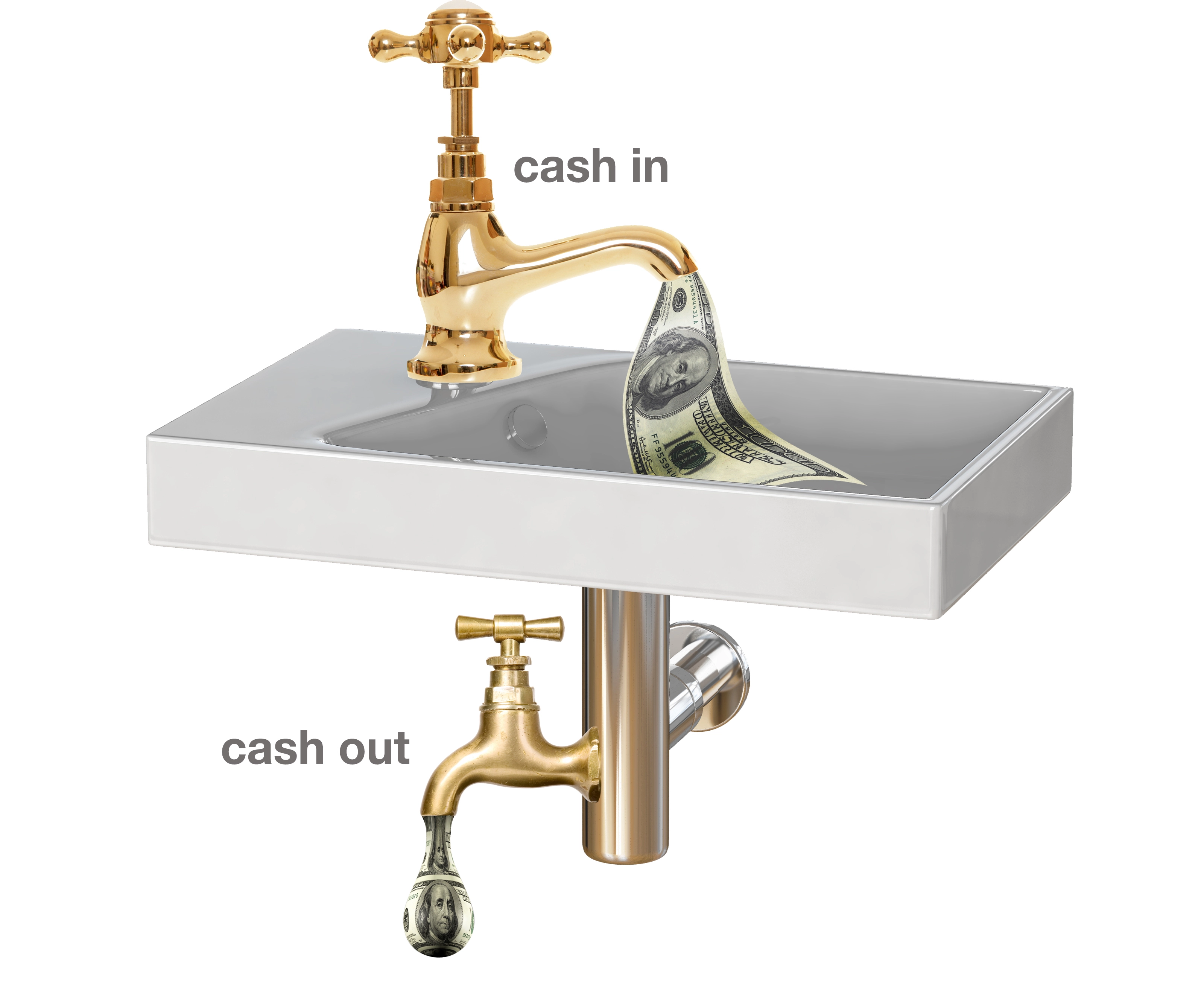“I hate annual reviews” – it’s a statement I hear often from owners and managers.
Most owners put off annual reviews until they absolutely must be done or simply don’t do them at all. Why? The most response is:
“All they [employees] care about is how much more they are getting an hour. They don’t care what the review says. They leave either happy or pissed off.”
Most employers and managers don’t have a system for raises. So, when they ignore raises, their employees quit because they find a competitor who will offer them more money.
If you hate conducting employee performance reviews and determining raises, then it’s time to change how you conduct them.
Employee Reviews: The Metrics
First, employees should have key performance indicators, (KPIs) as part of the defining feature of their roles in the company. What are their responsibilities? How will performance be measured? What is the baseline acceptable performance? What happens if they exceed their KPIs? Are there bonuses?
KPIs should be communicated weekly or at least monthly. Then, the annual performance review and raises will not be a surprise to anyone.
Annual review suggestions:
• First, if you hate doing them, your employees will hate receiving them. Your attitude affects their attitudes. Find a way to be positive about the review process.
• Reviews should NEVER be a surprise. If you do them only once a year, then it probably is a surprise. Give written feedback throughout the year.
• Reviews don’t have to include raises. Performance reviews are just that – performance reviews. Raises for great performance, achieving certain goals, or cost of living can be separate. Many companies do cost-of-living raises each January. And, this year, it will be important to have those raises since inflation is starting to “rear its ugly head again.”
• Reviews should be based on KPIs. What are the minimum performance metrics for their job? What happens if they exceed these metrics? This is where the raises or bonuses come in and may or may not be warranted.
• Employees should know where they are concerning KPIs at least quarterly. Then the annual review is not a surprise. Many technicians know what revenues their trucks must generate each day and each week. They get their “report card” weekly – no surprises at review time.
• Salespeople have quotas and required closing rates – their KPIs.
Suggested KPIs:
• For field employees: Require billable hours over 60%. The most productive companies have billable hours over 80%.
• For field employees: Revenues per truck based on their wages. A rule of thumb is to add employee wages plus overhead cost per hour plus desired net profit per hour. Multiply this sum by 2080.
• For field employees: Callbacks or warranty calls under 1%.
• For dispatch: Travel time under 20% in most geographic areas
• For CSRs: The booking percentage should be above 85%.
• For warehouse supervisors: Inventory days must be >30 days for residential companies and >20 days for commercial companies.
• For controllers/bookkeepers: Require accurate financial statements sent and received by the 15th of each month.
• For accounts receivable personnel: Work to achieve receivable days >20 days for residential companies and >45 days for commercial companies (excluding retainage).
• For commercial companies: All service bills should be sent within 24 hours of the service call.
• For maintenance coordinators: Renewal rates average above 80%.
Career Paths:
Installation field employees’ career paths: Helper, installer, lead installer, field supervisor
Service field employees’ career paths: Helper, maintenance technician, technician, senior technician, field supervisor
More Ways to Determine Raises vs. Performance
NATE testing or passing other technical training tests can be the reason for giving raises. Employees should know what it is required to reach each level and what the raise is for each level. And, if this is considered a KPI, then the option should be communicated and encouraged.
This option also bypasses the need to qualify this response: “I’ve been here for two years and I deserve a raise.” Let employees know what is required to receive raises in advance.
I excluded managers because, generally their reviews are determined based on how well their departments are performing, and their bonuses are based on a percentage of the net profit for that department.
Adding Career Path Options as Part of Performance Reviews
Career paths are harder to define for office positions. As your company grows, there are usually additional positions needed to support field operations:
• A dispatcher could become a lead dispatcher or oversee the CSRs.
• A bookkeeper, as the company grows, needs additional help – billing, accounts payable, etc. The bookkeeper would then oversee these positions.
• A receptionist could become a CSR or a dispatcher.
• Any administrative personnel could advance to office management positions.
• Any technical service personnel could advance to become service or installation managers.
Communicate the KPI results frequently. When you do this, people know KPIs, how to earn raises, and reviews will never be a surprise again.
Ruth King has more than 25 years of experience in the HVACR industry and has worked with contractors, distributors and manufacturers to help grow their companies and become more profitable. Contact Ruth at ruthking@hvacchannel.tv or at 770-729-0258.






